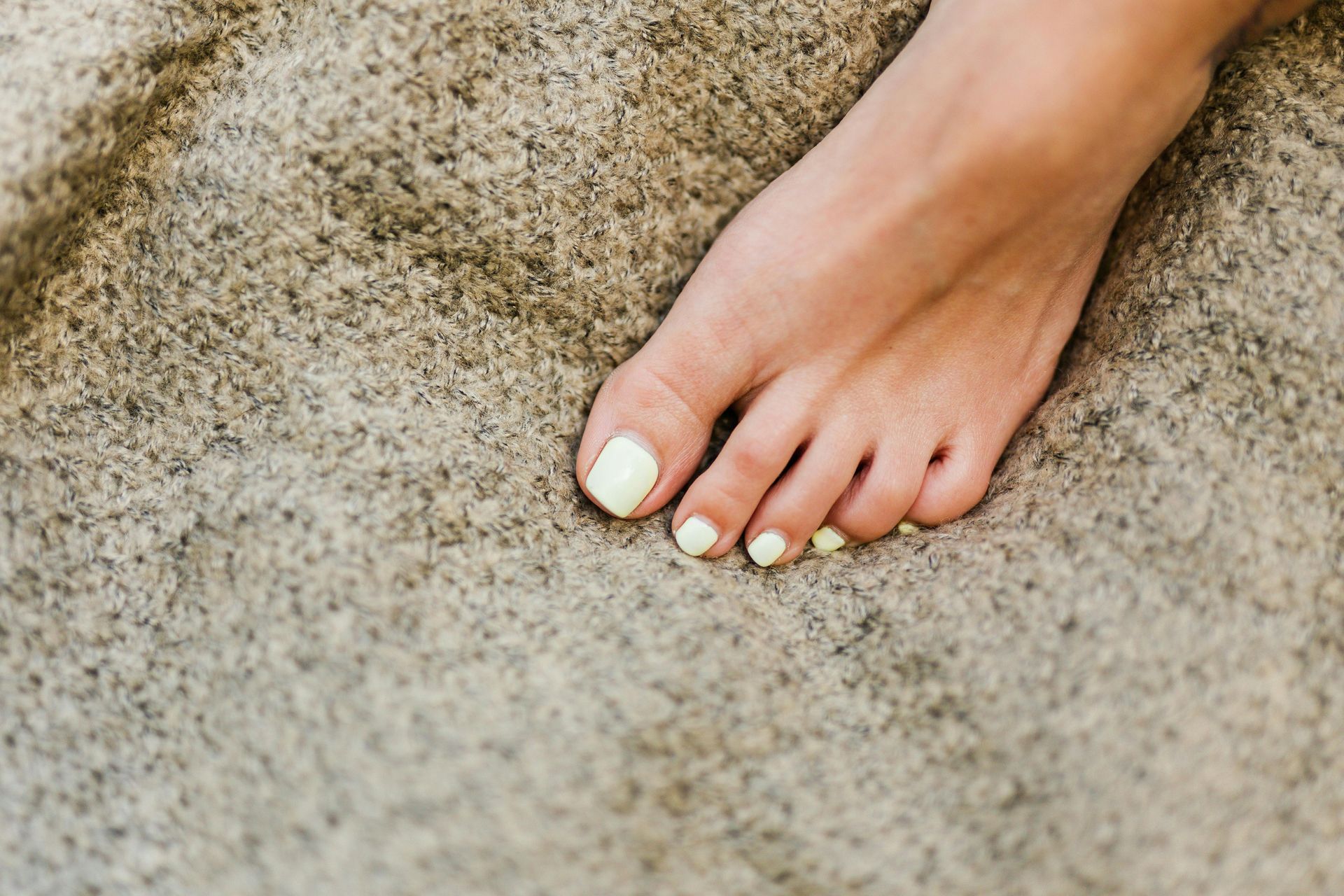How to sleep better
Jane Arlow • June 5, 2020
Here are my top five tried and tested tips for sleeping better.
Ever since I’ve had my Fitbit, I’ve been obsessed with the sleep tracker.
It’s the first thing I look at on my phone every morning.
Recently, they’ve added a new metric where they track not just the length and type of sleep you’ve had…but they score it out of 100.
So far, my best rating is 86/100 with a tasty 8 hours and 59 minutes clocked. Happy nights!
I should mention that I share a bed with the world’s best sleeper. He slept through the infamous hurricane of 1987 and would sleep for twelve hours every night if he could. So, I have that to compete with.
And my obsession is not just me being a geek – if you read my previous post, you'll know that research shows that poor sleep has immediate negative effects on our hormones, physical and mental performance.
And that sustained poor sleep increases the likelihood of dementia, heart disease, obesity and diabetes.
Like everyone, I go through phases where I sleep really well and phases where my sleep is not so good (oh, hello hot flushes!).
So, I like to think that while not a complete expert on sleep, I am an interested amateur.
I've been reading and experimenting with various different approaches to try and ensure I get my 7 hours a night. And here are five of my top tips for better sleep.
Make the room as dark and cool as possible.
Having spent five years living with proper shutters in der Schweiz, I was desperate to recreate the “so dark, you can’t see your hand in front of your face” effect.
I’ve gone for blackout blinds plus blackout curtains.
Obviously, there’s still a little light leakage round the sides of the windows which has me awake at 4.30am during midsummer (cue the eye mask!).
But generally, keeping my room dark helps my body to know that it’s night and perfect conditions for sleep (research has indicated that you'll sleep better if your brain doesn’t get signals that it’s daytime).
Keeping the room cool will helps to lower body temperature, which is also another cue for sleep.
Step away from the electronic device.
My own private experiments on myself indicate that I get better sleep when I don’t look at my phone/ iPad after 8.30pm.
The blue light emitted by screens mimics daylight and tells the brain that it’s time to wake up. I try and leave both of them in the kitchen overnight.
Stay calm and go back to sleep!
If I do wake up in the middle of the night, I tell myself it’s still bedtime and try to get back to sleep.
If I’m still awake 30 minutes later, rather than getting more stressed about being awake I get up, make myself a peppermint tea and read a book (a paper one, NOT one on an electronic device!) for another 30 minutes in another room with a low light on.
Being out of bed usually has the effect of lowering my body temperature and so I start to feel drowsy in no time.
I used to just try and stay in bed, but found that I got more and more stressed at being awake and so less likely to fall asleep.
Mine's a herbal tea.
I’ve reduced my caffeine intake. No caffeine at all after midday and fewer cups of caffeinated tea before midday.
Caffeine can stay in the bloodstream for 6-8 hours so to minimise its effects, try to have your last cup of the day 8 hours before your usual bedtime.
I go outside every day.
Research indicates that natural sunlight or bright light during the day helps to keep your circadian rhythm healthy, improving day time energy as well as night time sleep quality and duration and reduces the time taken to fall asleep by 83%.
I do have one more bonus tip.
Some new research indicates that if we're feeling habitually tired, eating a nutritious diet of fruits, veggies, unsalted nuts and salads, reduces the impact that sleep deprivation has on cognitive function and improves sleep quality!
There you have it, my top tips. Try them out and let me know how they work for you!










